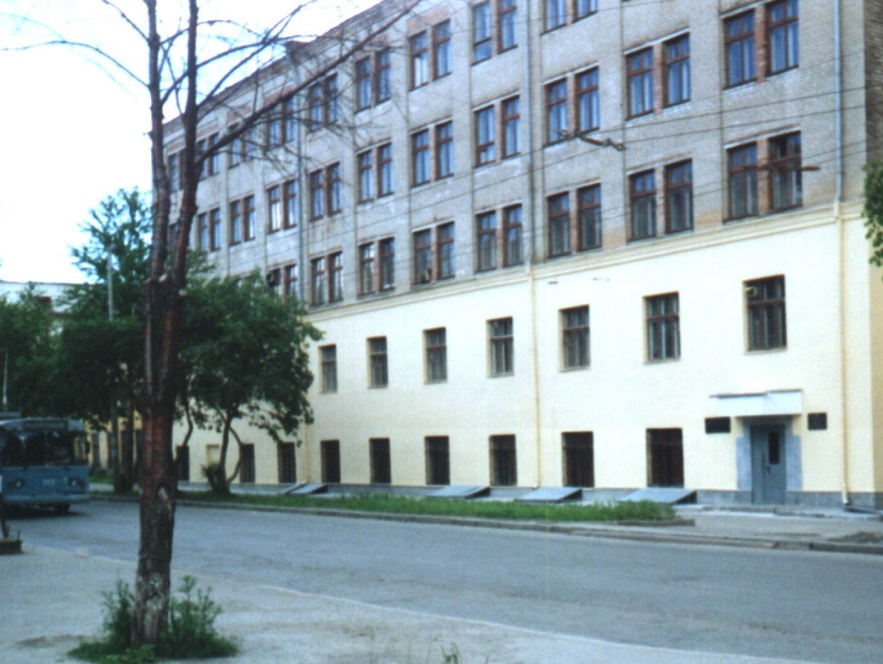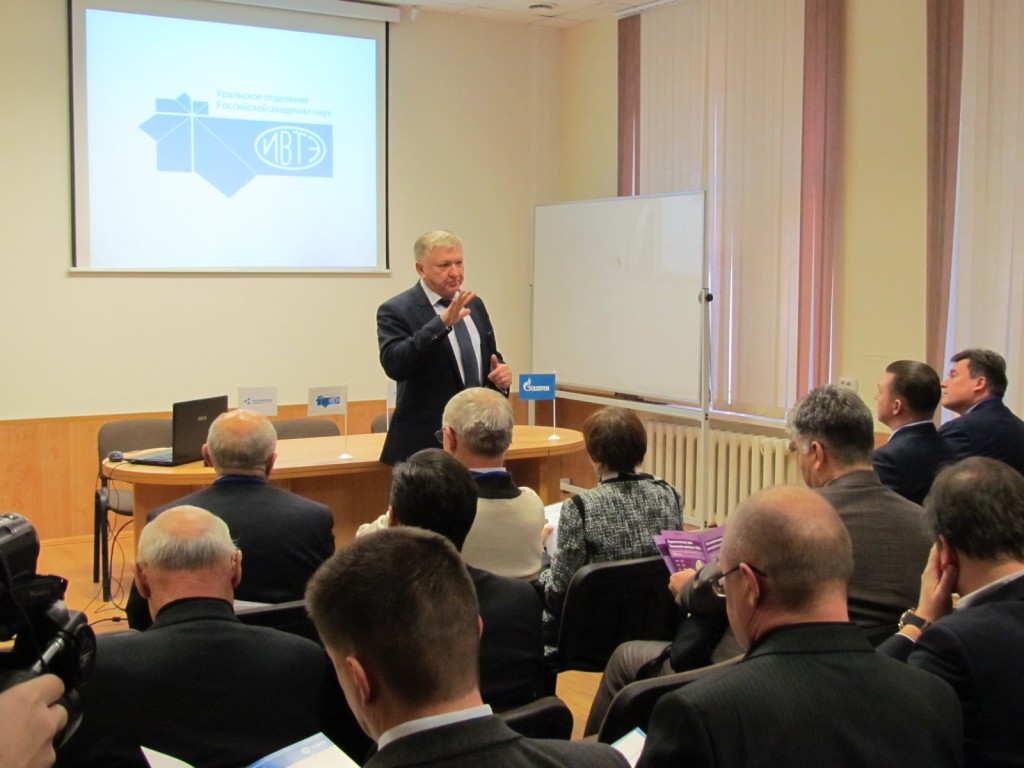Institute of High Temperature Electrochemistry of the Ural Branch of the Russian Academy of Sciences
The Institute of High Temperature Electrochemistry of the Ural Branch of the Russian Academy of Sciences (IHTE UB RAS) was founded in January 1958 on the base of the Laboratory of Molten Salts Electrochemistry, a worthy part of the Ural electrochemistry research school tradition. Federal Agency of Scientific Organizations (FASO) is the founder of IHTE UB RAS.

Nowadays, IHTE is the only institution that specializes in the field of high temperature physical chemistry and electrochemistry of molten salts and solid state electrolytes. Since the foundation date IHTE has been engaged in fundamental studies focused on creation, development and application of the following:
Theoretical and experimental foundations of modern physical chemistry and electrochemistry of molten salts and solid state electrolytes;
Principles of electrochemical processes for the production and physical-chemical analysis of new materials for various applications in corrosive environment and high temperatures;
Scientific fundamentals of resource saving human and environment friendly technologies for electrochemical processes used for the production, refining, and protection of metals and processing inorganic raw materials;
Principles for construction of high temperature molten and solid electrolyte devices, which provide the most rational direct conversion of molecular energy into electric power.
IHTE UB RAS is composed of 11 laboratoriesand the Shared access center “Composition of Compounds”based on the Laboratory of Solid Oxide Fuel Cells.
The Laboratory of Molten Salts is one of the oldest chemistry laboratories in the Ural branch of the Russian Academy of Sciences. The Laboratory is aimed at the study ofphysical chemistry and electrochemistry of molten salt electrolytes;phase boundary phenomena in molten salt electrolytes; thermodynamics, kinetics, and mechanisms of interaction of metals and alloys with molten salts.
The Laboratory of Cross-Cutting Technologies in Distributed Power Generation (InEnergy) was created within the framework of the “New laboratories” project of the Ministry of Science and Higher Education of Russian Federation on December 28, 2018. The Laboratory of Cross-Cutting Technologies in Distributed Power Generation (InEnergy) is a joint lab of the IHTE UB RAS and the group of companies InEnergy.At the present time, the scientific research related to the development, manufacture, and testing of the tubular proton-ceramic single fuel cells and low-power fuel cell batteries is carried out in the laboratory.

Scientific-Research Department of Electrolysis is composed of four laboratories, which are focused on the study of kinetics and thermodynamics of electrode processes in molten salts.
The Laboratory of Electrode Processes is devoted to thedevelopment of industrially friendly and resource saving technological processes and cell design;study of the thermodynamics and kinetics of electrode discharge and ionization processes in ionic melts, the influence of electrolyte composition and electrode material nature; electrochemical synthesis of oriented nanocrystalline oxide tungsten bronzes; research and development of new corrosion resistant electrode materials and coatings for improving non-ferrous and light metal electrochemical production technology; development of electrochemical methods for processing recycled materials and non-ferrous metallurgy wastes as well as their valuable components utilization; electrochemical production and refining of metals; study of the electrodeposition of polycrystalline refractory metals and silicon in ionic melts; development of methods for electrochemical synthesis of graphene, metal and metal compound powders, and coatings; study of the thermodynamics, kinetics, and mechanism of corrosion processes for stainless heat resistant steels and alloys and their components in molten (alkali halides and carbonates) metal-salt phases and exchange reactions in these systems; modeling of the electrode process kinetics in electrochemical systems with molten and solid electrolytes and development of the physical-chemical basis of electrochemical technologies for refining and producing metals and their compounds in molten salts.
Today theLaboratory of Radiochemistry is primarily focused on the study of high temperature chemistry and electrochemistry of radioactive elements and the development of scientific fundamentals for the effective processing of non-traditional chemical raw materials. The main objects of research are uranium compounds of different degrees of oxidation, fission radionuclides, valuable components of structural materials that are in contact with nuclear fuel during its burning and processing. Molten halides (chlorides, fluorides), sulfates, and polytungstates, alkali metal polymolybdates were investigated as solvents.
TheLaboratory of Electrocrystallization and High Temperature Galvanotechnicsis devoted to the development of ecologically pure and resource-saving electrochemical technologies and creation of test electrolyzers for high temperature galvanoplastics; study of thermodynamics and kinetics of electrode processes of ionization in ionic melts-electrolytes and its connection with electrolytes composition and type of electrode materials; development and investigation of novel oxidizing resistant materials; development of electrochemical processes of processed raw materials and man-caused wastes of non-ferrous industry and utilization of valuable components; investigation of electroreduction of polycrystal deposits of refractory and noble metals; development of processes for obtaining silicon and silicon-based nanomaterials; modellingof the